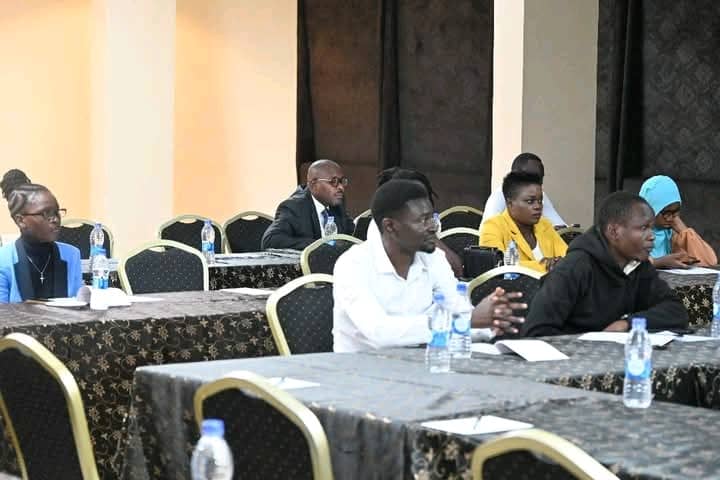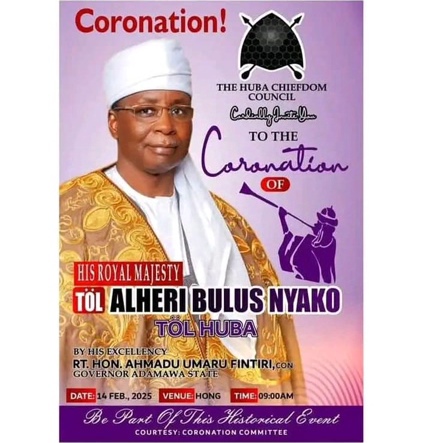
By Tashikalmah Hallah
In the two months following Governor Ahmadu Umaru Fintiri CON’s announcement of establishing Huba Chiefdom, along with other emirates and chiefdoms in Adamawa State, the dynamics within Hubaland have undergone remarkable transformations.
This new administrative structure has sparked a shift in relationships among community members and local leaders, fostering collaboration and competition as they navigate the implications of their new roles. As the residents adapt to this change, there has been an increase in community engagement and dialogue, reflecting a collective effort to define the future of Hubaland in this evolving political landscape.
Just like the allure of a newfound love that captivates the senses, the excitement surrounding the new Chiefdom in Hubaland enchants its people like a fine, aged wine. In moments of celebration, the lovers lose themselves in joyous dances, moving with abandon until they can hardly stand. Yet, when the rhythm fades and the music softens, the mood shifts dramatically. This captures the essence of the current atmosphere in Hubaland, where the buzz about the emerging Chiefdom fills every conversation, weaving itself into the very fabric of the community.
The current figure in the spotlight is Tol Alheri Bulus Nyako, a highly experienced administrator and a barrister at law. Until his recent appointment, he remained relatively obscure to the general public. However, in communities like Bangshika, Kala’a, and Kwambola, as well as in Abuja—where he has notably served as the President of the Hoba Development Association—he is better known. Now, many are curious about their new king and what he brings to the table.
They are keen to uncover his vision and agenda for leadership. Will his approach differ from the troubling experiences they’ve had with previous district heads, particularly concerning widespread issues such as land grabbing? The anticipation surrounding his reign reflects not only hope for change but also a desire for transparency and justice in their community.
For the older generation, the name Alheri Bulus Nyako evokes vivid memories of Santuraki Bulus Nyako, a respected former District Head of Kilba and the father of the current Tol Huba. They reminisce about the legendary acts of bravery attributed to Santuraki Nyako during the establishment of the Sudan United Mission (SUM) School, now known as the Government Science Secondary School in Hong, which took place in the early 1970s.
In those formative days, Santuraki Nyako was filled with pride and enthusiasm at the prospect of educational advancement for his community. He presented Dr. Sande, a dedicated Danish missionary who tirelessly championed the educational initiatives of the SUM in Kilbaland, with a beautifully crafted shield and spear. This gesture was more than just a gift; it symbolized the rich warrior heritage of the Huba people. As he handed over the items, he implored Dr. Sande to take them back to his homeland as a tangible reminder of the indomitable spirit that characterized the Huba, a people known for their fierce determination to protect their territory.
During the presentation, Santuraki Nyako conveyed the historical significance of these artifacts, explaining that the Huba people had used them to safeguard their land from invasions by Fulani jihadists and other marauding forces throughout the years. His bold statements, however, did not sit well with the Lamido of Adamawa, who was present at the event. The tension in the air was palpable, and after the Lamido departed, a letter of deposition arrived for Santuraki Bulus Nyako—a formal end to his influential era, marking a significant shift in the leadership of the Huba people.
As Tol Alheri Bulus Nyako receives the ceremonial staff of the office, a sense of anticipation fills the air, reflecting the diverse expectations of the community. The region grapples with a multitude of pressing issues, from inadequate infrastructure to social concerns, all of which demand his intervention. While some community members present their cases with sincerity and urgency, others may exaggerate their claims, weaving tales that blur the lines of reality. Yet, amidst these varied expectations, one thing is clear: everyone is hopeful that their voices will be heard and their problems addressed by their new leader.
Setting an agenda for a monarch of the exceptional stature of Tol Alheri Bulus Nyako poses a significant challenge. He is a distinguished figure who has navigated the intricate corridors of civil service with remarkable prowess and has firmly established himself as a leading authority in the business realm. As a loyal subject, it is crucial to tread carefully in addressing such a revered leader.
In this delicate situation, one might draw inspiration from the profound wisdom of our beloved African leader, Madiba Nelson Mandela: “If you speak too much, you may lie; if you worry too much, you will lose your peace.” These words echo the need for restraint and clarity in communication.
Your Majesty, it would be wise to be mindful of your public discourse, as the intent behind your words can easily be misconstrued. Furthermore, do not burden yourself with excessive worries about the myriad problems that surround you; dwelling on them will not bring about solutions. Instead, focus on acting with fairness and justice toward all your subjects, irrespective of their creed, tribe, or religion.
Additionally, it is essential to avoid overwhelming expressions of praise, for the people hold elevated expectations of your leadership. Embrace your role with poise and dedication, and let your actions speak volumes.
categories
recent posts
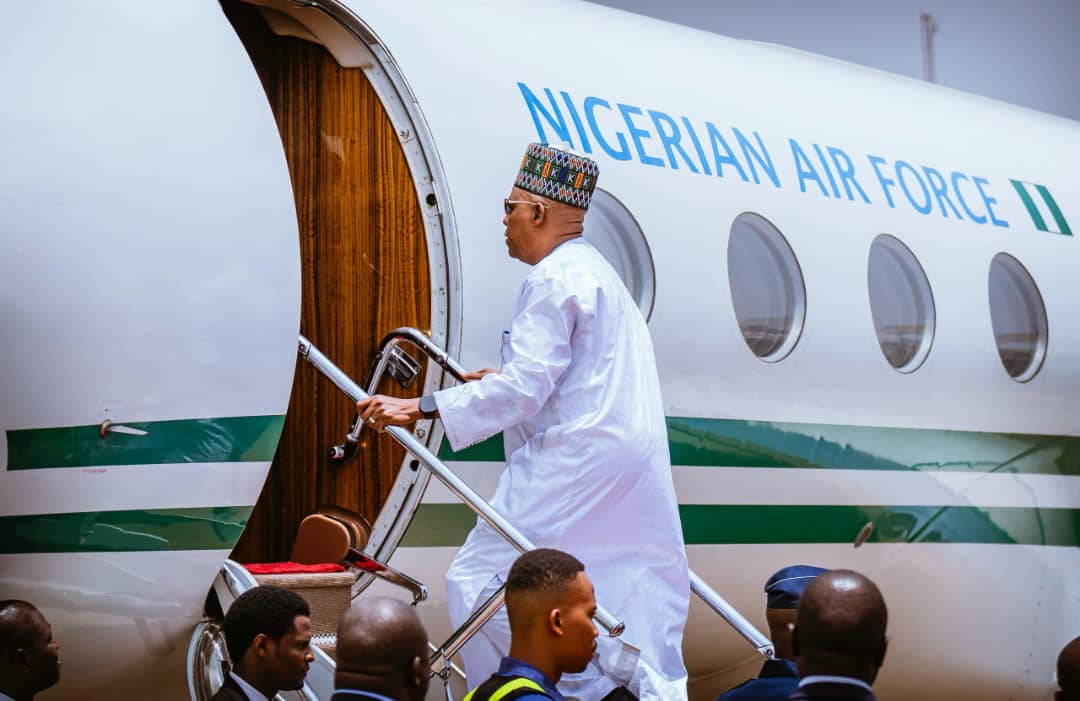
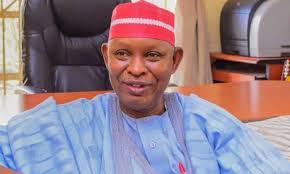
NIGERIA: Kano Governor Pledges To End Rano’s Decades-Long Water Crisis
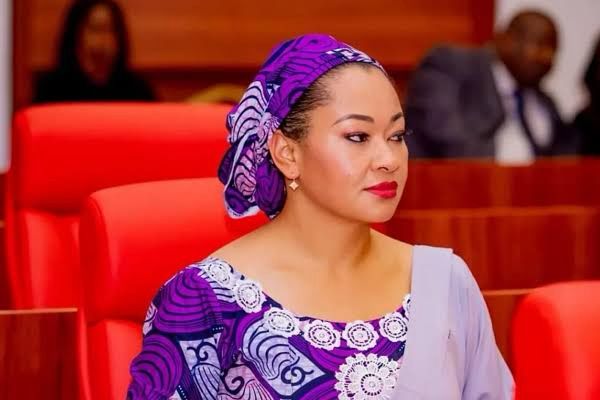
NIGERIA: The Petition For Natasha’s Recall Falls Short Of Requirements – INEC
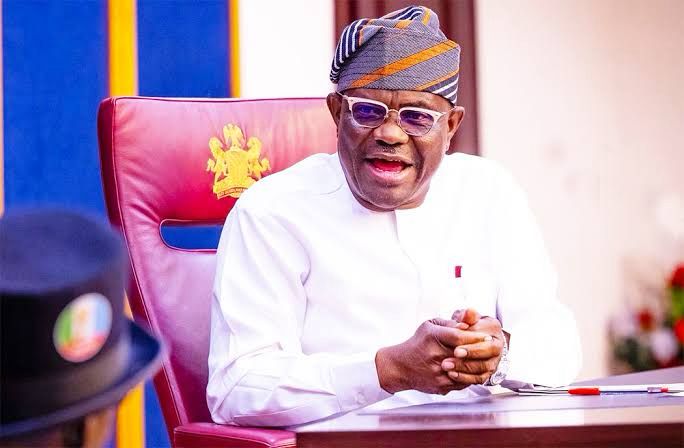
NIGERIA: FCT Minister Approves Recruitment Of 34 Resident Doctors To Boost Healthcare
